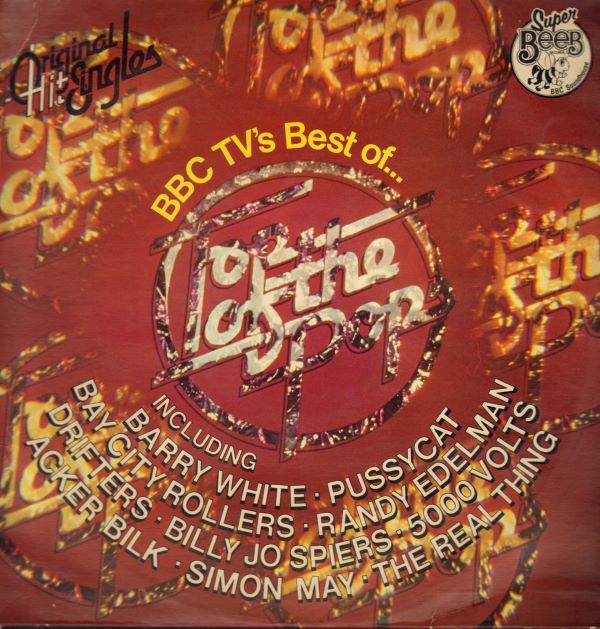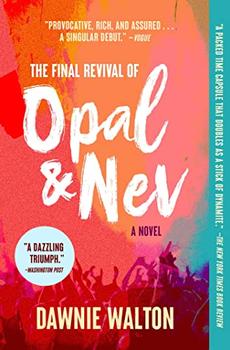Summary | Excerpt | Reading Guide | Reviews | Beyond the book | Read-Alikes | Genres & Themes | Author Bio

The long-awaited new novel from the bestselling, prize-winning author of Cloud Atlas and The Bone Clocks.
Utopia Avenue is the strangest British band you've never heard of. Emerging from London's psychedelic scene in 1967, and fronted by folk singer Elf Holloway, blues bassist Dean Moss and guitar virtuoso Jasper de Zoet, Utopia Avenue embarked on a meteoric journey from the seedy clubs of Soho, a TV debut on Top of the Pops, the cusp of chart success, glory in Amsterdam, prison in Rome, and a fateful American sojourn in the Chelsea Hotel, Laurel Canyon, and San Francisco during the autumn of '68.
David Mitchell's kaleidoscopic novel tells the unexpurgated story of Utopia Avenue's turbulent life and times; of fame's Faustian pact and stardom's wobbly ladder; of the families we choose and the ones we don't; of voices in the head, and the truths and lies they whisper; of music, madness, and idealism. Can we really change the world, or does the world change us?
Utopia Avenue defies easy categorization. Its time period seems a little too recent to label it "historical fiction," but it has all the hallmarks of a truly outstanding historical fiction novel nonetheless. Everything you'd expect to encounter in a book about the 1960s is present – the drugs, parties, sex, anti-war riots, elevation of rock stars to near godlike status – and yet it's so skillfully portrayed that the setting feels entirely fresh, if not revelatory. The core of the novel is the characters as they grow and change, each learning about who they are and what they want out of life. I can honestly say I can't remember another book where I so completely fell in love with the characters, even though each is flawed (some more than others) and at times behaves unwisely. I was truly saddened on reaching the novel's conclusion, knowing that I'd never again encounter these new friends...continued
Full Review
 (878 words)
(878 words)
(Reviewed by Kim Kovacs).
 David Mitchell's novel Utopia Avenue centers around a fictional British pop band in the turbulent years of 1967 and 1968. Acts popular in both the United States and Britain included the likes of the Beatles, the Rolling Stones, the Doors, the Jimi Hendrix Experience, the Who, the Supremes, the Byrds, the Kinks, Aretha Franklin… and the list goes on. Many of these stars (as well as the fictional Utopia Avenue) appeared on a BBC TV show called Top of the Pops.
David Mitchell's novel Utopia Avenue centers around a fictional British pop band in the turbulent years of 1967 and 1968. Acts popular in both the United States and Britain included the likes of the Beatles, the Rolling Stones, the Doors, the Jimi Hendrix Experience, the Who, the Supremes, the Byrds, the Kinks, Aretha Franklin… and the list goes on. Many of these stars (as well as the fictional Utopia Avenue) appeared on a BBC TV show called Top of the Pops.
Top of the Pops was the brainchild of its first producer, Johnnie Stewart, who modeled the show after a program airing on Radio Luxembourg called The Teen and Twenty Disc Club. Premiering on New Year's Day in 1964, the weekly show was televised live from the BBC's studio ...

If you liked Utopia Avenue, try these:

The Final Revival of Opal & Nev
by Dawnie Walton
Published 2022
A kaleidoscopic fictional oral history of the beloved rock 'n' roll duo who shot to fame in 1970s New York, and the dark, fraught secret that lies at the peak of their stardom.

by Taylor Jenkins Reid
Published 2020
A New York Times bestseller. A gripping novel about the whirlwind rise of an iconic 1970s rock group and their beautiful lead singer, revealing the mystery behind their infamous breakup.